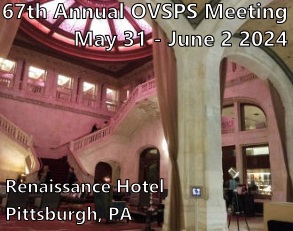<< Back to the abstract archive
Antibiotic Usage in Primary Palatoplasty Procedures: A Survey of the ACPA Surgical Membership
S. Alex Rottgers MD, Liliana Camison MD, Rick Mai MD, Sameer Shakeer BS, Lorelei Grunwaldt MD, Andrew Nowalk MD PhD, Joseph E. Losee MD
University of Pittsburgh Medical Center
2014-03-14
Presenter: S. Alex Rottgers
Affidavit:
I designed the study, obtained IRB approval, and analyzed the data.
Director Name: Joseph E. Losee
Author Category: Resident Plastic Surgery
Presentation Category: Clinical
Abstract Category: Craniomaxillofacial
Background: Current literature does not demonstrate if prophylactic antibiotics are beneficial in cleft palate surgery. We sought to ascertain the current practice patters of surgeons performing these procedures.
Methods: A list of emails of all surgeon members of the American Cleft Palate-Craniofacial Association was obtained. An IRB-approved, six-question survey was emailed to these addresses. Survey responses were obtained and analyzed anonymously using the SurveyMonkey online survey service.
Results: The survey was sent to 1115 surgeons registered as members of the ACPA. Survey collection is still underway, but 226 responses have been currently obtained for a 20% response rate. 85% of respondents administer prophylactic antibiotics to patients undergoing primary palatoplasty. 27% of respondents administer only a single preoperative dose of antibiotics. 25% add up to 24 hours of postop antibiotics to a preoperative dose, 12% use 25-72hours of postop antibiotics, 15% use 4-5 days of postop antibiotics, and 11% use 6-10 days of postop antibiotics. The antibiotic given for prophylaxis is penicillin for 4.5% of surgeons, a first generation cephalosporin for 68%, Unasyn for 11%, and clindamycin for 8%. 90% of surgeons give prophylactic antibiotics for revision palatoplasty procedures.
Conclusion: We report the preliminary results of our survey investigation into current practices regarding the use of prophylactic antibiotics for primary palatoplasties. The vast majority of surgeons give prophylactic antibiotics for primary procedures, and even more use them for secondary procedures. There appears to be no consensus amongst practitioners regarding the appropriate duration of antibiotics or the proper agent to be given.



